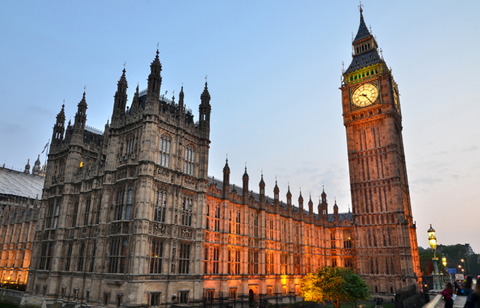
The government has published its Get Britain working white paper in order to tackle the root causes behind why people are not working, and join up help and support based on their needs.
The paper, which is backed by a £240 million investment, focuses on reforms to employment support. These include assistance for employers to recruit, retain and develop staff, and support for people to get back into work, as well as help to stay in employment if they have a health condition. The UK has seen its employment rate fall over the last five years, in part due to a significant rise in the number of people out of work due to long-term ill-health.
The paper also detailed the launch of an independent review into the role of UK employers in promoting healthy and inclusive workplaces. This will run until next summer and involve engagement with employers, employees, trade unions, health experts, disabled people, and those with health conditions.
The review will consider what more can be done to enable employers to recruit and retain disabled individuals and those with a health condition, as well as undertake early interventions for sickness absence and increase the number of those returning to work. This will complement the government’s Employment Rights Bill.
Chris Britton, people experience director at Reward Gateway | Edenred, said: “Barriers to returning to work often include fears around making the leap back into a regular routine and nervousness around how an individual will be received in their teams. Creating cultures where people feel psychologically safe is crucial to allowing employees to be their authentic selves and, therefore, feel comfortable returning to work.
“Businesses should have clear and transparent re-boarding plans for anyone coming back in after an absence to make sure they can settle back in and get back up to speed without feeling the pressure to perform immediately. Workplace needs have evolved quickly and significantly, and as a result, businesses must think much more holistically about the wellbeing support available to their employees.”
Sarah McIntosh, chief executive of MHFA England, added: “The approach set out in the paper must be centred in compassion. Not everyone is able to work, and there are many people who would like to work who face stigma, barriers, and discrimination. If the government is serious about creating healthy and equitable workplaces, it must also take steps to tackle these. Working with businesses will also be essential to change outdated attitudes and ill-judged assumptions on cost.
“Poor mental health can be a significant barrier to employment for people of all ages. Improving mental health and mental health services is central to achieving the government’s plans. We are relieved that the paper commits to additional spending, more mental health staff, and better access to specialist support.”











